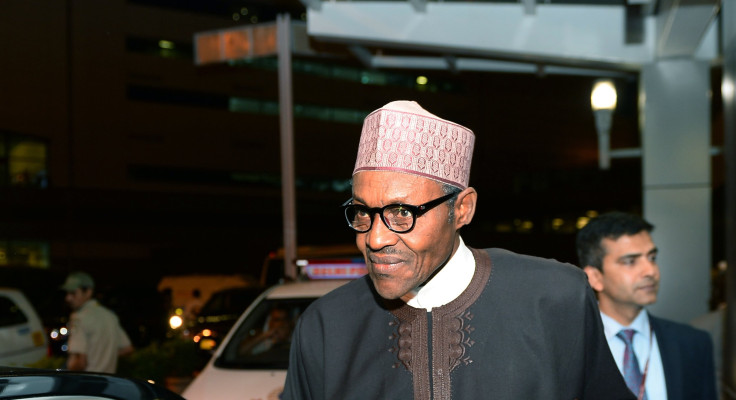Buhari Sacks Permanent Secretaries In Nigeria's Ministries Ahead Of Cabinet Inauguration

Nigerian President Muhammadu Buhari sacked 17 permanent secretaries on Tuesday within Nigeria’s federal ministries, just one day before swearing in his new cabinet. No reason was given for the immediate mass firing and it was unclear whether the vacant posts will be filled, according to Nigeria’s Channels Television.
The move was described by local media as part of the president’s plans to shrink the ministries and cut overhead costs amidst Nigeria’s economic setbacks. The decision comes less than one day after Buhari replaced the boss of the nation’s anti-corruption agency, as the Nigerian leader makes room for his cabinet members.
After taking office in late May, Buhari waited five months to name his ministerial nominees, who then underwent a monthlong Senate screening process. The 36 ministers will be assigned portfolios after they are sworn in on Wednesday. The 72-year-old Nigerian leader took his new cabinet members on a retreat Thursday and Friday, when they were given documents that outlined the state of Nigeria’s economy and the government’s policy goals, according to Reuters.
Nigeria, Africa’s largest economy and top oil producer, is facing its worst economic crisis in years, triggered by falling crude prices and chronic oil theft. The oil industry provides more than 90 percent of Nigeria’s foreign exchange revenue and about 70 percent of government revenue. This income flow to government coffers has dwindled during a global oil glut and rampant corruption within the West African nation. Buhari won the presidential election in March on campaign promises to fight graft and restore key economic sectors.
However, critics said Buhari’s failure to swiftly appoint ministers and firmly establish a policy direction created a vacuum in his administration that exacerbated the country’s economic issues. The Nigerian Bureau of Statistics said in August that the oil-dependent country’s annual economic growth in the second quarter plunged to 2.35 percent from 6.54 percent a year earlier.
© Copyright IBTimes 2024. All rights reserved.





















